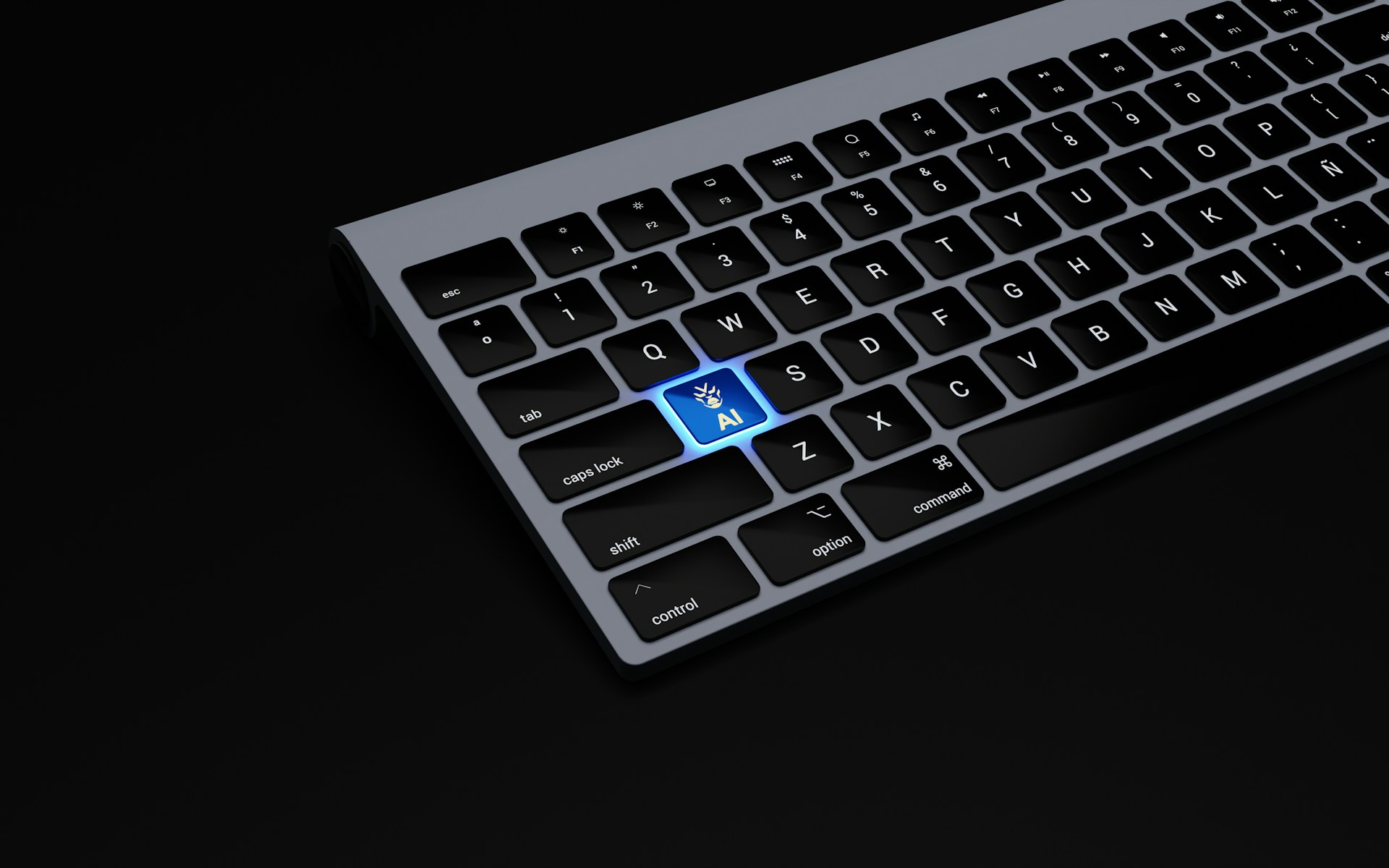[Video] How Powerful Simplicity Guides Product Growth at Logikcull
What drives Logikcull’s product development? Leaders Robert Hilson and Chris Roberson share their product philosophy and how they focus on changes that m



Logikcull recently issued its Summer Release, a host of improvements and updates that double down on our core product mission: to deliver speed and ease.
To dive deeper into what drives Logikcull’s product development, Robert Hilson, Head of Marketing at Logikcull, recently sat down to discuss product philosophy with Chris Roberson, Logikcull’s Head of Product.
Watch the video below or, if your headphones are out of reach, read the transcript that follows.
Robert Hilson and Chris Roberson Discuss Product Philosophy at Logikcull
Robert Hilson: Hi, everyone. This is Robert Hilson from Logikcull. I’m here with our Head of Product, Chris Roberson. Chris, how are you doing?
Chris Roberson: I’m good! How are you doing?
Hilson: Good! Just thought I’d catch you on a Friday afternoon when your brain is fresh, to talk about our summer release, which hopefully, if people are seeing this, they’ve read through all the product improvements and features we’ve rolled out.
I wanted to connect with you briefly because I think that the way that you approach product development and the way you think about these things is unique to the space. It’s unique in the sense that we are solving the problem of eDiscovery differently than everybody else.
I think giving our customers some insight into how you think about these things is enlightening of how we develop the product and also what our mission is and how we’re democratizing discovery.
So, let me start off with this. What are your guiding principles when it comes to product development?
Roberson: We think about this in a couple of different dimensions. A lot this comes from the DNA of the founding members of the company around the notion of pursuing powerful simplicity. I think we take a little bit of a different tact here than the industry and don’t think so much about generating tons and tons of features and being a feature factory. It’s more about distilling down really complex concepts or features into the most simple way of executing on those features.
That’s really important for us. As more folks use the product who maybe aren’t eDiscovery experts or come from different domains to solve different problems and use cases, that simple solution is really what they’re looking for and what we strive to offer.
Second is really around this notion of trustworthiness. When you think about a discovery project, the types of data that live in that product are potential very private information. So, we treat that with the utmost integrity, the utmost discipline and rigor in terms of what we build and how we protect that data. We really want to be the most trustworthy partner for our customers.
Hilson: Security is our number one feature, right?
Roberson: Absolutely.
Hilson: So let me ask you this. I know you are constantly getting bombarded with great ideas—from marketing, from sales, from Adam Brill’s team on the engineering side, from Michelle Price’s team on the design side, and we’re in contact with our customers, we’re getting all these industry signals. The question for you is, how do you cut through all that noise and identify the things that are essential to build?
Roberson: It’s a qualitative as well as quantitative approach. There’s a certain amount of synthesis that happens from customer feedback, from the founders, from marketing, like yourself, and trying to prioritize that way. But there’s also a fair bit of quantitative analysis, looking at data on how our customers are using the product.
I’ll give you one example that happened this past quarter: the audio/video release. We were cranking through a lot of data to figure out the types of files people are using in Logikcull. We came to this realization that there was a lot of audio and video files that are not playable today. So our customers have to actually download those, which is a potentially insecure mechanism of getting the data out--
Hilson: --and in general just kind of breaks their workflow, right?
Roberson: Exactly. So how do we enable them to stay in that workflow and view those files, hear those files?
Hilson: When you look at everything that’s put out over the last few months, you do have tangible features like A/V support, LEF support, faster Slack processing. But in general, the things that people are going to feel the most are around speed and ease of use. I’d place those under the banner of performance. So, the question for you is, how do you think about performance?
Roberson: That’s a good question. I think it’s sort of the end-to-end workflow. When you think about a lot of our customers, there’s an impending deadline that they’re trying to hit. There’s a start of the process where they have some data or have to collect some data, all the way through to production.
So we really slice this up into three discrete buckets we’re trying to improve over time. How do I take this mass of data I have and get it into Logikcull? How do I upload it and how do I make that upload as fast as possible?
How do we process it? And that’s not just performance in terms of how fast we can process it, but also what are the different file types we can process so we can enable more folks to get value out of the tool?
Then there’s the actual review process. Now that I have data in Logikcull, what are the ways I can enhance that data, make people more powerful within Logikcull itself to get the review work done?
And then last, how do I create a production in the most seamless way possible and share that production with the folks that need it?
Hilson: Before I let you go, one last thing I want to ask you. I watch your team work, I watch the engineering team and the design team—you guys have a lot of incredibly talented people, you have a lot of incredibly creative people. There’s a ton of passion across these teams.
Is there a moment or time period or something that happened around a feature that stands out in your mind as exemplifying those characteristics?
Roberson: Yeah, we introduced this notion of a hackathon this last quarter.
Hilson: Yes! Hackday.
Roberson: Exactly. For folks viewing this video, we brought in a lot of our engineers here. This was a very bottom-up process of thinking about what features we could possibly build that would help our customers most, then actually building a prototype for it in a week, which was pretty awesome.
It was really exciting to see the types of things that got created. I guess I’ll go back to the audio/video case again. This was an engineering-lead effort, everything from the data collection to the development. Seeing that turn around in a week, seeing that ideation that happens in a week, it’s both incredibly motivating, it’s incredibly creative, and it helps us think about how we want to prioritize other features as well.
That was just really cool to see. I think it’s something we’ll continue to work on and build over time and just get a lot more value for our customers.
Hilson: Thanks for being here, Chris. This was very enlightening.
Learning With Logikcull
Browse our latest resources for innovative legal teams like yours
Stay in the know
Get the latest news, expert guidance, and interviews delivered straight to your inbox so you're always one step ahead.

Get the latest updates

Want to see it work?
Request a demo today.
Managing FOIA requests with limited staff, strict deadlines, and pressure to protect sensitive data?
Logikcull is built for this.



